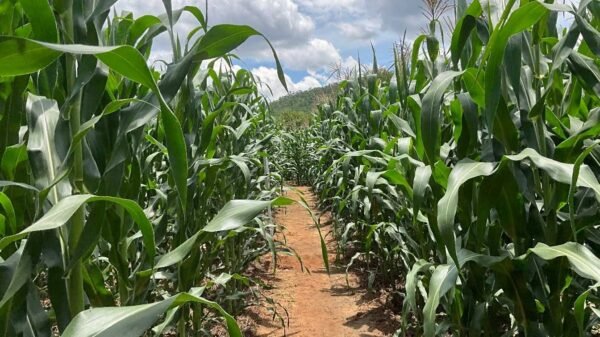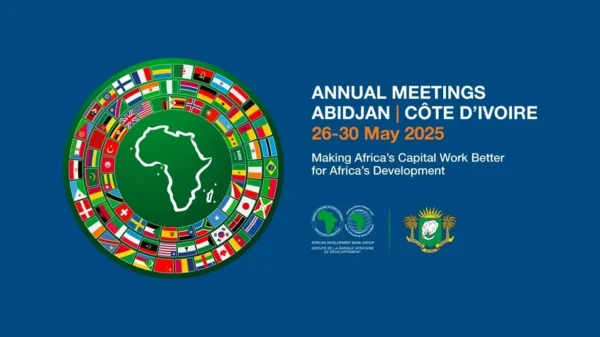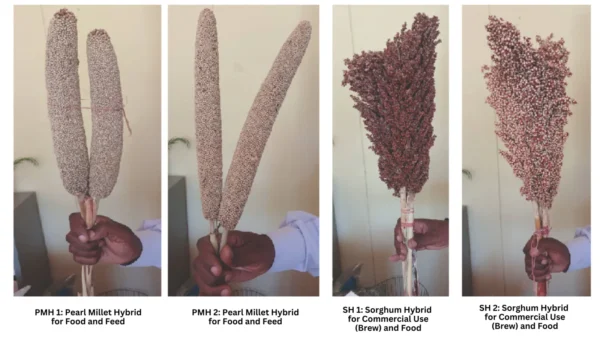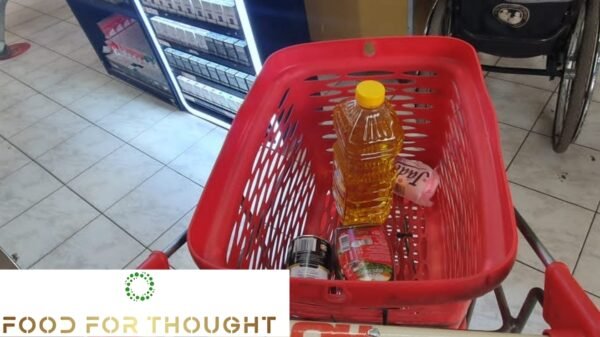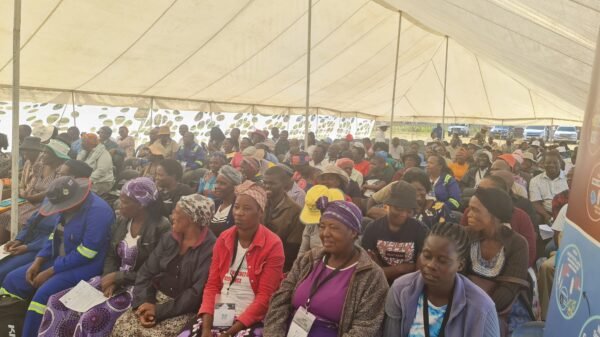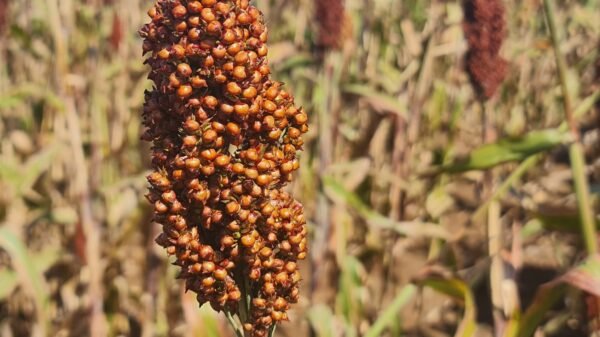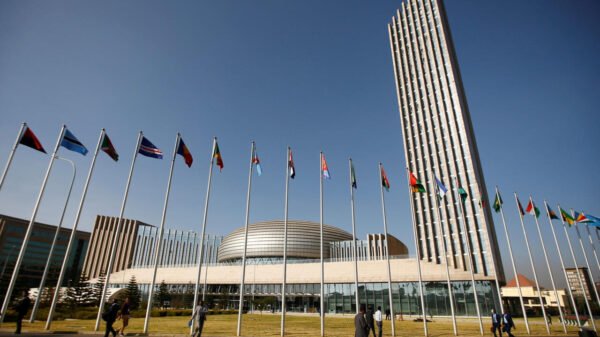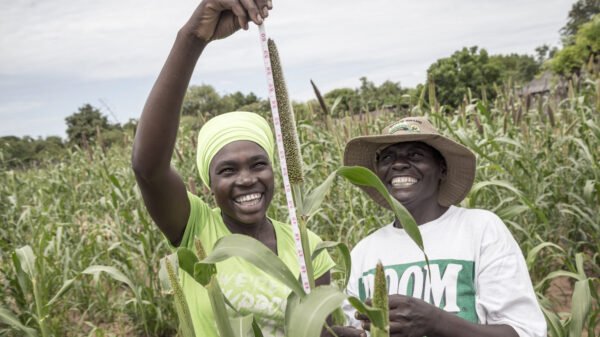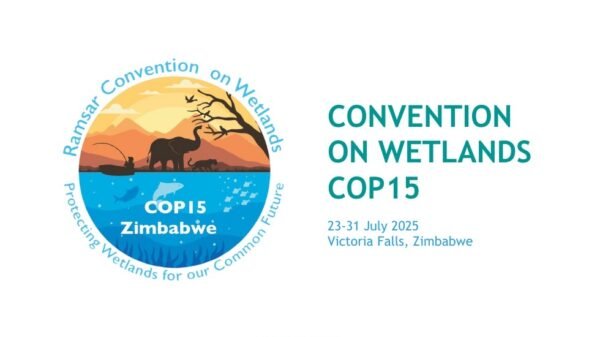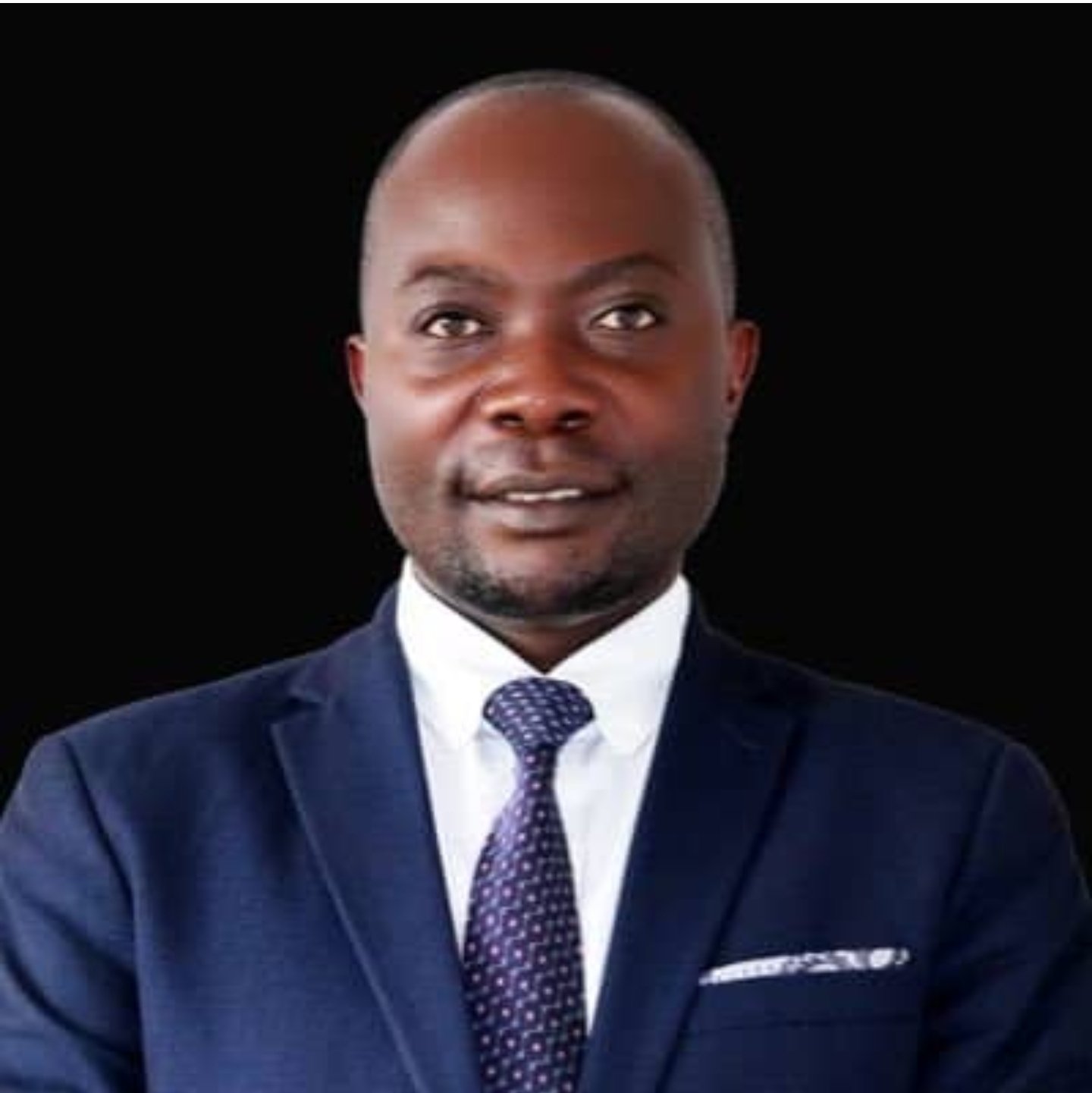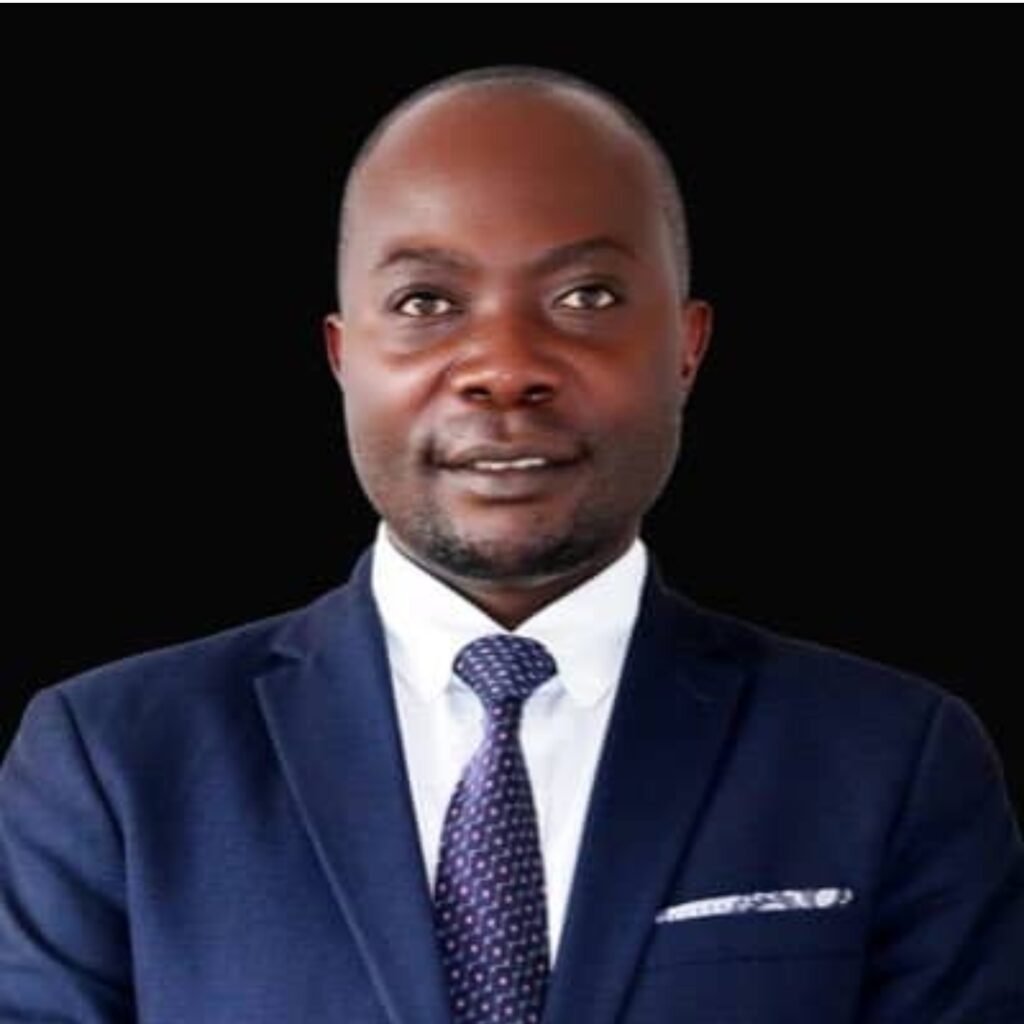
DR David Kabanda (pictured), a food and social rights lawyer, is founding member and director of the Centre for Food and Adequate Living Rights (CEFROHT) in Uganda. Kabanda and the non-governmental organisation he leads have a special interest in human rights-compliant food and trade-related systems. He practices this through action-research, legal advocacy and public interest litigation. In recent times — in work also encompassing his achievements as a Bertha Challenge Fellow — he has championed the agrarian rights of disempowered women in Uganda. Kabanda is an expert in food law and a global adviser in sustainable agri-food systems. His work is directed towards a framework law on resilient food systems, stopping hunger and prevention of the prevalent burden of malnutrition.
Food For Thought writer and Bertha Challenge Fellow Brezh Malaba had the following conversation with Dr Kabanda:
Question (Q): Congratulations, the Centre for Food and Adequate Living Rights has been awarded a certificate by the Law Council of Uganda to run a legal clinic. What opportunities will this new development create for your organisation and the communities that you serve?
Answer (A): Many women smallholder farmers face illegal land evictions. Our organisation, the Centre for Food and Adequate Living Rights, will now use the Legal Aid Clinic to offer legal support in terms of legal empowerment and actual litigation for women. This will be in the form of litigation. We have realised over time that many women suffer because they are not legally empowered enough to pursue their justice and get redress from both the formal and informal justice systems where they live in communities.
This Legal Aid Clinic will now be a vehicle for CEFROHT to work with communities and have community barazas (public meetings), legal tents and legal trainings. The smallholder farmers need the law to be broken down to be understood from the lenses of their community aspects and transactions, especially land exchnages, including ownership, user rights and security of tenure.
It will also be a springboard to protect many adequate living rights, especially for children’s food support in homes and schools. CEFROHT is promoting food access as a right and an equitable issue in schools and homes.
The clinic will be used to produce digested legal materials and information in languages that communities can use to understand their rights and meaningfully engage their leaders for social accountability CEFROHT as a legal clinic also provides a toll-free number to bridge the gap in access to justice, making it easier for marginalised communities to seek legal assistance without incurring phone call costs and this will encourage clients to seek legal assistance without hesitation.
Through community outreaches, CEFROHT as a legal clinic will establish a physical presence in communities, and this will provide them with greater access to justice, allowing them to defend their rights related to food security, land rights, housing, and other essential needs.
Running a legal clinic will boost the organisational reputation as a trusted and legitimate advocate for food and adequate living rights. The clinic can offer mediation and conflict resolution services, helping communities address legal issues within themselves before resorting to formal court proceedings.
CEFROHT as a legal clinic we will be able to access funding opportunities from donors supporting legal aid and human rights initiatives.
CEFROHT as a legal clinic will be able to collaborate with legal professionals such as networking with lawyers, law students and other legal aid service providers to amplify the impact of the organisation.
Q: One of the major impediments to sustainable agriculture in Africa is the problem of synthetic fertilisers and chemical pesticides. Many of these agrochemicals are coming from European Union countries, whose double standards are causing untold harm on African lives. How can this issue be tackled?
A: African countries must quickly work on the legal and regulatory frameworks for agrochemicals. This is because the European countries and importers use the weak regulatory and legal system in many Afrian Countries. Beyond the laws, countires in Africa need to empower and educate more of the officials who do surveillance and training of extension workers to support farmers. There is need to increase budgets for agriculturte tilted towards organic agriculture. The African Union organic agriculture policy and the model law on food security and nutrition should be adopted in all countries. There is an urgent need to embrace agoreocology in Africa as a panacea to this endemic problem.
Lastly, CSOs must consider serious public interest litigation. The chemicals are not only harming human health but also the environment and the ecosystem. This has present and future harmful effects. Accountability must be promoted in this sector to ward off impunity and lawlessness.
Q: Africa has the largest arable land of any continent in the world, yet millions of people suffer from hunger and starvation. Some nations even import rice and wheat from war-torn Ukraine, instead of growing their own food. Is food security taken seriously?
A: It is unfortunate that many African leaders and some individuals think that food is a commodity which does not require proper planning and a defined framework within law. It is therefore important that all countries were brought to cone to terms with the bitter fact of lacking food. There is need to guard against food colonisation. The mono-cultivation and commoditisation of food with single food strands must be deeply considered in the conceptual food discussions in Africa. The conventional famring methods have led to soil depletion. Food must never be considered and traded as just a commodity. Food has economic, social and polical aspects that must be considered from all dimensions and sectors of society. The winning formula, therefore, should be a human rights-based approach. Food must be understood and approached as a human right; the right to adequate food. This will, therefore, guarantte the food accessibility, cultural adaptability, food availability for all at all times (including children, pregnant women and refugees) and ensure sustainability where the food is managed by not only looking at current or present needs but considering the future as well.
Q: You have likened Africa’s dependency on genetically modified (GMO) seed to “a form of neo-colonialism”. How serious is the problem of GMO seed?
A: Africa is yet to fully understand the impact of GMOs. The jurisprudence from Canada and USA about GMO rights (if applied in Africa) will lead to many African farmers becoming slaves in their own land. The Supreme Court in Canada decided that if any such GMO traits are found in anyone’s field (regardless of whether they were not intentionally introduced), such a farmer has to pay royalties to the owner of the GMO seed variety. Almost all African smallholder farmers practice open farming, meaning that their fields are exposed to open pollination. It is likely that GMO seeds like corn will contaminate other smallholder farmers’ fields and they will immediately and forcefully be required to pay. Secondly, the issue of bio-piracy has not been tabled for a full discussion in Africa. Who pays for these? Who will pay the farmers? Who pays the commuities that have bred the varieties for centuries? African leaders must focus on the future of the continent and promote indigenous varieties and do home-based scientific promotion of the varieties. We don’t need GMOs. It causes loss of seed sovereignty. These companies have monopolistic control of seed markets and this control forces farmers to become dependent on purchasing seeds annually, eroding traditional practices of seed saving and sharing. The patenting of GMO seeds by these corporations means that farmers cannot legally save or reuse seeds, which has been a fundamental aspect of agricultural practices for centuries.
There are economic implications: the high cost of GMO seeds and agrochemicals can be prohibitive for smallholder farmers. This can lead to increased debt and financial instability.
The environment is also affected as we have loss of biodiversity. The widespread adoption of GMO crops can lead to a reduction in agricultural biodiversity. Monocultures of genetically uniform crops are more vulnerable to pests and diseases, potentially leading to catastrophic crop failures. Also, the use of herbicide-resistant GMO crops can result in the overuse of herbicides, harming indegenous plant species, soil health, and beneficial insects.
The problem of GMO seeds in Africa is multifaceted, encompassing issues of economic dependency, environmental degradation, and loss of cultural practices. GMO seeds represent a form of neo-colonialism that undermines the sovereignty and sustainability of African food systems. There is need to advocate more for seed sovereignty, promoting agroecological practices, and engaging in policy advocacy.
Q: In many African communities, women constitute the bulk of small-scale farmers, but women are marginalised when it comes to land ownership and access to capital. Can genuine food security be attained in an environment where women are pushed to the periphery of agricultural development?
A: Women must be at the table and part of all discussions and plans for agrofood systems in Africa. Women must be legally empowered to understand and be quipped to manage their little resources, including user rights and ownership of land. Women constitute 70% of the food growers in Africa. It is therefore illogical that planners and leaders in Africa have this important resource excluded from decision-making processes. Women’s empowerment must start from community level, including local governmemt representation, but also in schools.

